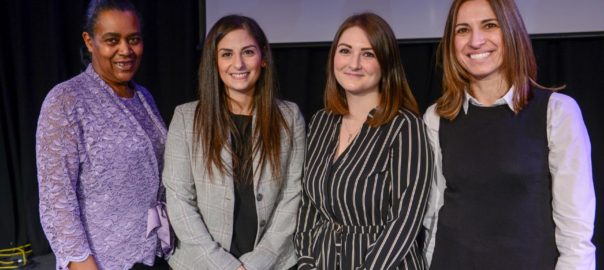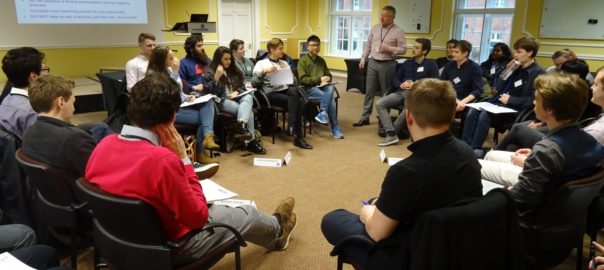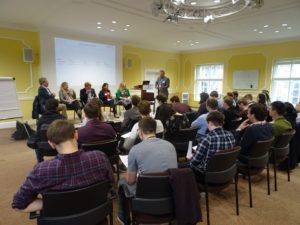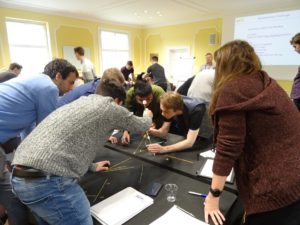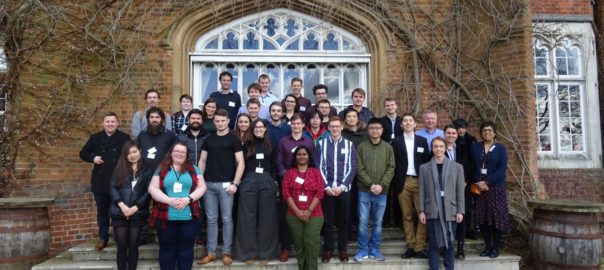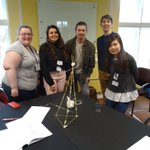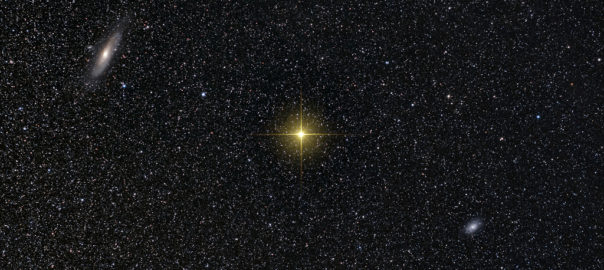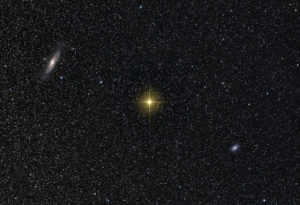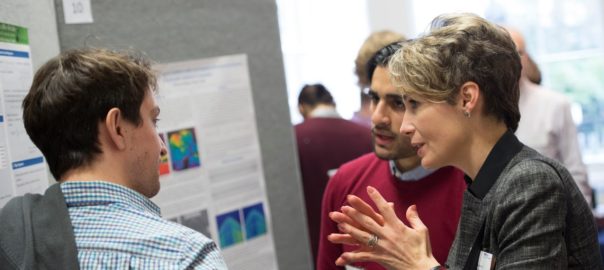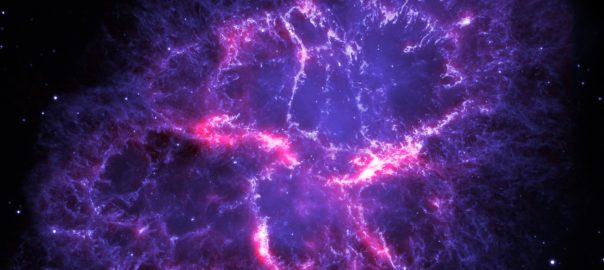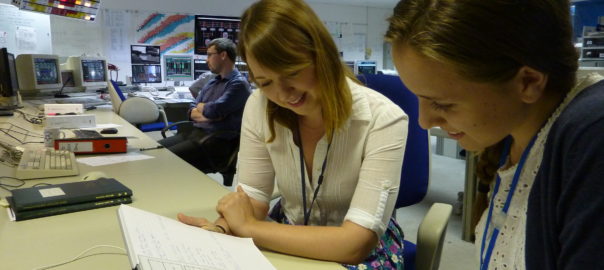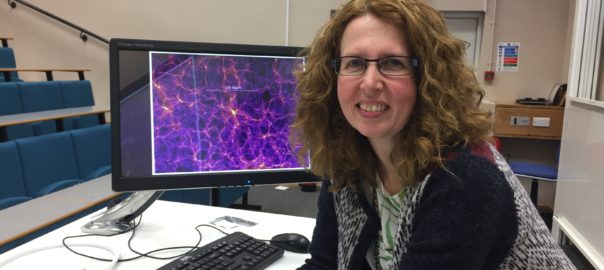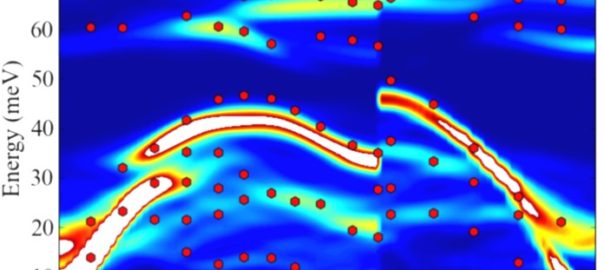Friday 8th March was International Women’s Day, a day where we celebrate the achievements of women and highlight the barriers which still exist to achieving gender equality. Our Director of Outreach and Public Engagement, Dr Olivia Keenan, was invited to speak at the International Women’s Day Conference organised by Enfield council on the subject of Women in Physics. Olivia used the opportunity to highlight the problems we have in physics around gender equality and to highlight some programmes and schemes working to counter this.
Only around 20% of A-level physics students are currently female, in spite of the fact that all genders perform equally well at GCSE level (IOP ‘Why not Physics?’ report, 2018). Similarly, around 20% of Physics undergraduates and postdoctoral students are female. However, in academia it gets worse as women progress to more senior positions, with only 11% of Physics professors in the UK being women (IOP ‘Academic Staff in UK Physics Departments’, 2017). These figures get even worse when we look at the ethnicity of physics academic staff. Overall, for all genders, 94.2% of UK national academic staff in physics are white, 2.4% are Asian, 1.5% are Chinese and 0.1% are black (IOP ‘Academic Staff in UK Higher Education Institutions, 2012). All women face significant barriers in physics academia, with non-white women being currently barely represented at all.
The picture is similar when we look at industry. WISE’s 2018 Workforce Statistics show that currently only 22% of the core STEM workforce are women. For engineering, a career route particularly relevant for those with physics degrees, this proportion falls to 12%.
The good news is that multiple organisations are working on programmes to help turn the tide, and increase the gender diversity in physics. In 2013 the IOP published the report Closing Doors which explores gender and subject choices at school across six subjects. It found that nearly half of schools were making the gender imbalance worse, however in schools that were sending more girls to do A-level physics the gender imbalance was also smaller in other subjects. This was followed by the Opening Doors report in 2015. It highlighted the issues schools deal with when it comes to gender balance and makes recommendations on how schools can address gender balance. These recommendations include appointing gender champions on senior leadership teams, ensuring that sexist language is unacceptable and presenting all subjects equally to students in terms of relative difficulty.
University College London is leading the ASPIRES/ ASPIRES 2 project, which is a longitudinal study of young people’s science and career aspirations from ages 10-19. They have coined the term science capital, which is a measure of how likely someone is to see science as for them. Science capital can be influenced by multiple factors including whether there is a scientist in the family, if science is discussed in the home and whether someone has visited science spaces outside of formal education. They also find that girls pursuing the physical sciences post-16 are ‘exceptional’ in many ways, including having high science capital and tailoring their performances of femininity when in a science environment.
SEPnet piloted the Shattering Stereotypes project in the academic year 2016/17 with the aim of determining the best role physics Outreach Officers can play in tackling and improving the gender stereotyping problem in schools. Workshops were held with year 8 students around understanding and countering the stereotypical perceptions of gender, with year 12s involved in leadership roles. This was evaluated and is now running in schools during the 2018/19 academic year. Shattering stereotypes incorporates the People Like Me quiz developed by WISE which highlights scientific careers routes to girls based on the traits and skills which they identify with.
The strong message from all of the research and projects happening around gender and physics show that there are many issues compounding to mean fewer girls go on to take physics. Science capital is a key theme, with the need to work towards increasing science capital being paramount. Another common negative factor is the use of gender stereotyping and gendered language in our society. We need to work on ways to counter these problems to help lower the barriers to more girls and women identifying with, and participating in, the physical sciences.

